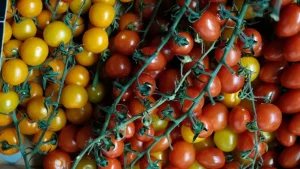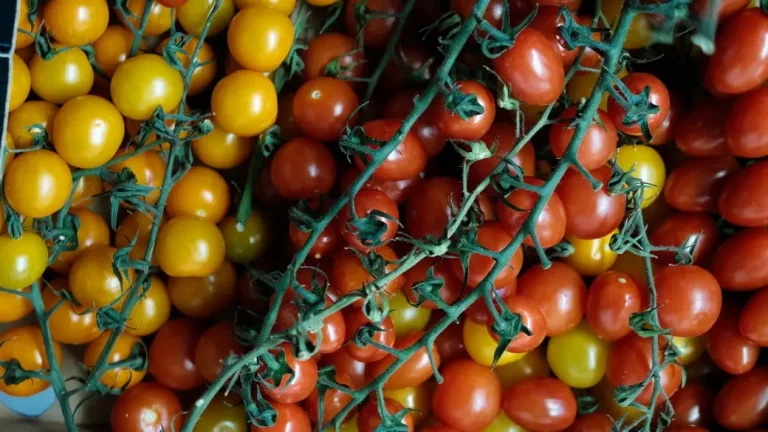How to get an internship
In this blog, we hear from Matthew Sainsbury, a recent graduate who managed to secure an internship during the pandemic. Here, he shares with us how he did it.
Finding the right internship is tricky at the best of times, but layer in a global pandemic, and it suddenly feels a hundred times harder. I mean who’d hire a novice if you couldn’t keep an eye on them? And given that the intern’s famous first role as “senior tea maker” was no longer required with most of the workforce stuck at home, things looked particularly bleak.
I, however, had no choice but to plough on in my quest to find the impossible as I’d negotiated a sabbatical between the second and third years of my Maths Degree, and there was no way I wanted to crawl back to college halfway through the Autumn term and admit defeat.
The Plan
So instead I drew up a plan whilst earning some badly needed cash tutoring Maths to GCSE and A level students as a side hustle.
Step 1 – What sort of Company?
The first thing I did is work out what kind of company I wanted to work for. I’m not your typical Maths student who longs to work in the Finance Industry, in fact I’ve always liked the idea of sharing my numerical skills with a sustainable, traditionally British company. Given that my hobbies are cooking and gardening and science fiction and outdoor climbing, I figured that hunting down businesses under those sorts of headings might be a good starting point.
Step 2 -What size?
Size was my next consideration. I decided a smaller business would work best for my personality as I’m shy and quiet and can get overwhelmed in big, busy spaces. With this in mind I started looking at successful start-ups. There are loads of useful lists of small companies to watch out for on-line so, I simply printed one out, took a red pen and circled any that fulfilled the criteria I’d set out for myself in Step 1.
Step 3 – The C.V. Bit
With my list of businesses done (remember it’s very important to get hold of the relevant person – a time consuming bit of detail, but necessary), I now needed to spruce up my C. V. As a Maths student, I’m aware that my subject can appear dry and off-putting, so I chose a bold, eye-catching C.V format I found on the net that had been used by a Drama student and shoehorned my skills into it. The final touch was adding in a pink background.
Step 4 – Send!
After crafting a friendly, five-line introductory email declaring my desire to get involved in anything vaguely Maths orientated, I pressed the send button, pinging my C.V. out to twenty-five carefully selected companies. I wasn’t hopeful that anything would come from my first trawl, so I’d already started working on a reserve list.
The Offer
Twenty four hours later, I picked up a missed call on my phone. The tiniest company on my hit list had got in touch and it looked like my idea of going small was paying off. The phone message was from Ed Du Val, the Operations Manager at Apsley, a sustainable farm in Hampshire that produces green energy for the National Grid. I’d found him via Bulb the green energy provider and the farm’s location and ethos had piqued my interest. When I phoned him back, Ed explained that the farm was interested in developing a database to store the daily readings from their bio-digesters, and would I be interested in having a go at building it? I said yes instantly. Looking back, I realise now what a huge risk he was taking by putting his faith in a young undergraduate with no commercial experience, but then again doesn’t the world needs more Eds, who are willing to take a chance on new talent and give them their first taste of commercial work?
The Reality
My initial progress on the database project was slow. I was given complete autonomy, with no strict deadlines, but due to Covid restrictions I was working in my bedroom, so I realised pretty swiftly that establishing a communication link with my contacts at the farm was going to be crucial. I started documenting all the client requirements, making copious notes on One Drive which I shared with the farm on a weekly basis. On top of that, all our meetings had to be conducted via Zoom, adding another layer of complication. Note taking, messaging and documenting had never been so important.
Six weeks in, I finally visited the farm, albeit on a socially distanced basis, and was shown the bio-digesters and a multitude of other complex machinery. Seeing everything physically gave me a better picture of how the data should be organised. I’d begun to realise that database design could become very abstract, so having an image of real things to relate my work back to was vital.
By early Summer, I was able to work on-site and experience all the things that a small, tight-knit company has to offer; the camaraderie, the knowledge gleaned from workmates, the speed at which things can get sorted out, and the social side of work. I started to realise how fulfilling it is to have a job that really feels like a good fit.
The Outcome
Eight months on from our first telephone conversation, I was able to hand over a set of detailed database models and accompanying documentation to Ed. It was a very satisfying moment. In return he gave me a very much appreciated one-off payment and the possibility of returning the following summer for another project. I think we were both winners.
My Advice
So, my advice to anyone is pursue an internship at any cost. Decide what sort of company you’d like to work for, make lists of all the possibilities, find the email addresses of the key personnel, and most importantly polish up your C.V. so it’s exciting and fun to read and makes you stand out.
Oh and when you have a moment look up Apsley Farm on Google– they are definitely part of our Green future.



Start the discussion!